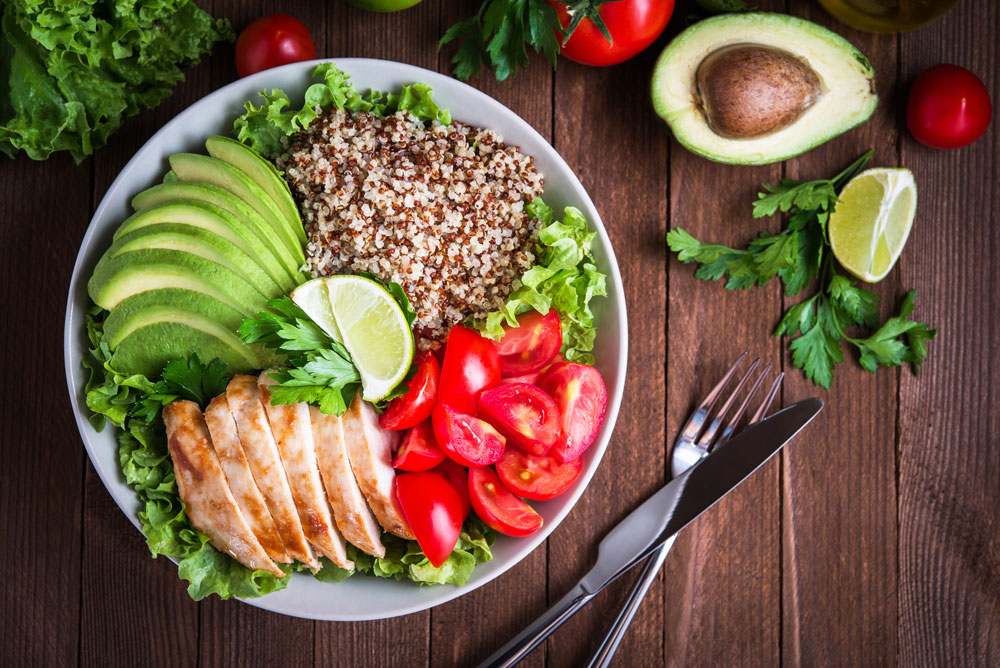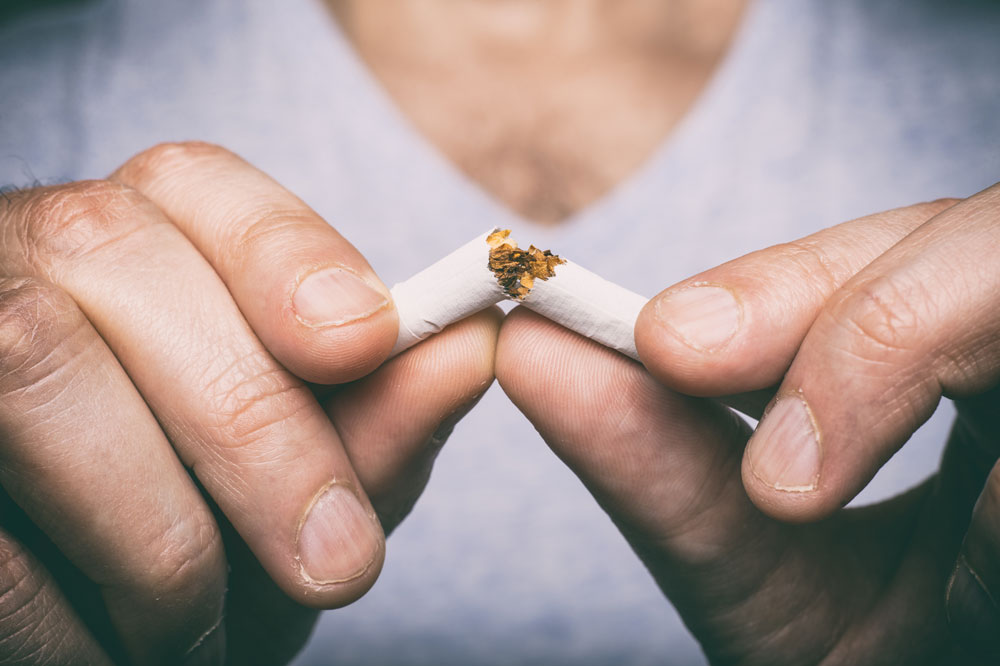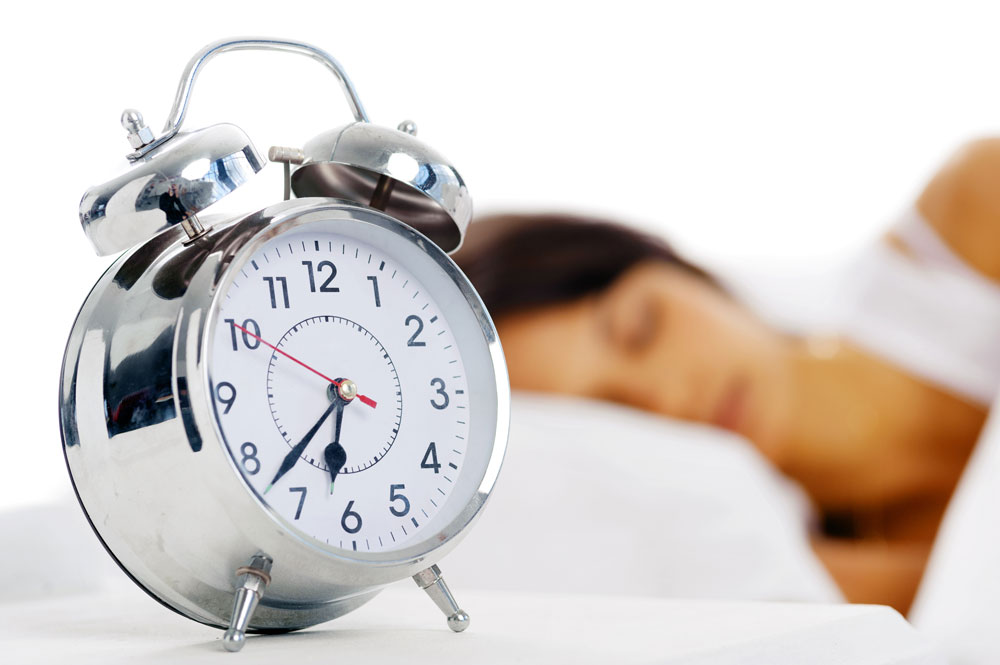Defeat High Cholesterol with Confidence
4 min read
What is cholesterol?1
Cholesterol is a waxy substance your liver makes to protect nerves and to make cell tissue and certain hormones. Your body also gets cholesterol from the food you eat. This includes eggs, meats, and dairy. There is “good” (HDL) cholesterol and “bad” (LDL) cholesterol. Too much bad cholesterol (LDL) can be bad for your health.
What is the difference between “good” cholesterol and “bad” cholesterol?
Good cholesterol is known as high-density lipoprotein (HDL). It removes cholesterol from the bloodstream. Low-density lipoprotein (LDL) is the “bad” cholesterol.1
If your total cholesterol level is high because of a high LDL level, you may be at higher risk of heart disease or stroke. But, if your total cholesterol level is high only because of a high HDL level, you’re probably not at higher risk.1
Triglycerides are another type of fat in your blood. When you eat more calories than your body can use, it turns the extra calories into triglycerides.1
Changing your lifestyle (diet and exercise) can improve your cholesterol levels, lower LDL and triglycerides, and raise HDL.1
Your ideal cholesterol level will depend on your risk for heart disease.1
- Total cholesterol level – less than 200 is best, but it depends on your HDL and LDL levels.
- LDL cholesterol levels – less than 130 is best, but this depends on your risk for heart disease.
- HDL cholesterol levels – 60 or higher reduces your risk for heart disease.
- Triglycerides – less than 150 milligrams per deciliter (mg/dl) is best.
When should I get my cholesterol levels checked?2
- If you haven’t had a cholesterol test before, talk to your doctor or nurse about when you should have one.
- You may need one at a younger age if you’re at higher risk of heart attack or stroke because of your family’s health history.
- Cholesterol tests are given routinely as part of a heart health check.
- If high cholesterol runs in your family, you may need a check as early as your teens.
What causes high cholesterol?2
Different things can cause high cholesterol. You can change some of these causes, and some you can’t.
Risk factors you can change:
- Too much food high in saturated fats, like red meat, butter, cream, and other dairy products.
- Too many foods with refined sugars, such as sweets, baked goods, white bread and fizzy drinks.
- Too much alcohol.
- Not being active enough each day.
- Smoking.
- Having too much body fat, especially around the middle.
Risk factors you can't change:
- Family history
- Age
- Biological sex (whether you're male or female)
Some high cholesterol conditions are passed down through families including:
- familial hyperlipidaemia (high lipid levels)
- familial hypercholesterolaemia (high cholesterol levels)
- familial hypertriglyceridaemia (high triglyercide levels)
If you have one of these conditions, you may be unable to reduce your levels using lifestyle changes alone. You may need to go on medication as well.
If you have a parent or sibling with one of these conditions, talk to your doctor about checking your cholesterol. These conditions usually start at a younger age and can affect people in their teens or twenties.
How does hyperlipidemia (high cholesterol) affect the body?3
Hyperlipidemia (high cholesterol) that’s not treated can allow plaque to collect inside the body’s blood vessels (atherosclerosis). This can bring on hyperlipidemia complications that include:
- Heart attack.
- Stroke.
- Coronary heart disease.
- Carotid artery disease.
- Sudden cardiac arrest.
- Peripheral artery disease.
- Microvascular disease.
How do you feel if your cholesterol is high?3
Early on, you feel normal when you have high cholesterol. It doesn’t give you symptoms. However, after a while, plaque buildup (made of cholesterol and fats) can slow down or stop blood flow to your heart or brain. The symptoms of coronary artery disease can include chest pain with exertion, jaw pain and shortness of breath.
When a plaque of cholesterol ruptures and a clot covers it, it closes off an entire artery. This is a heart attack, and the symptoms include severe chest pain, flushing, nausea and difficulty breathing. This is a medical emergency.
How is hyperlipidemia (high cholesterol) treated?3
Some people can just change their lifestyles to improve their cholesterol numbers. For other people, that’s not enough and they need medication.
Things you can do include:
- Exercising.
- Quitting smoking.
- Sleeping at least seven hours each night.
- Keeping your stress level well managed.
- Eating healthier foods.
- Limiting how much alcohol you drink.
- Losing a few pounds to reach a healthy weight.
Be the guardian of your heart: daily practices for lifelong heart health1,2

Eat a heart healthy diet
1

Get regular physical activity
2

Manage your stress
3

Quit smoking
4

Get enough sleep
5

Keep numbers under control
6


